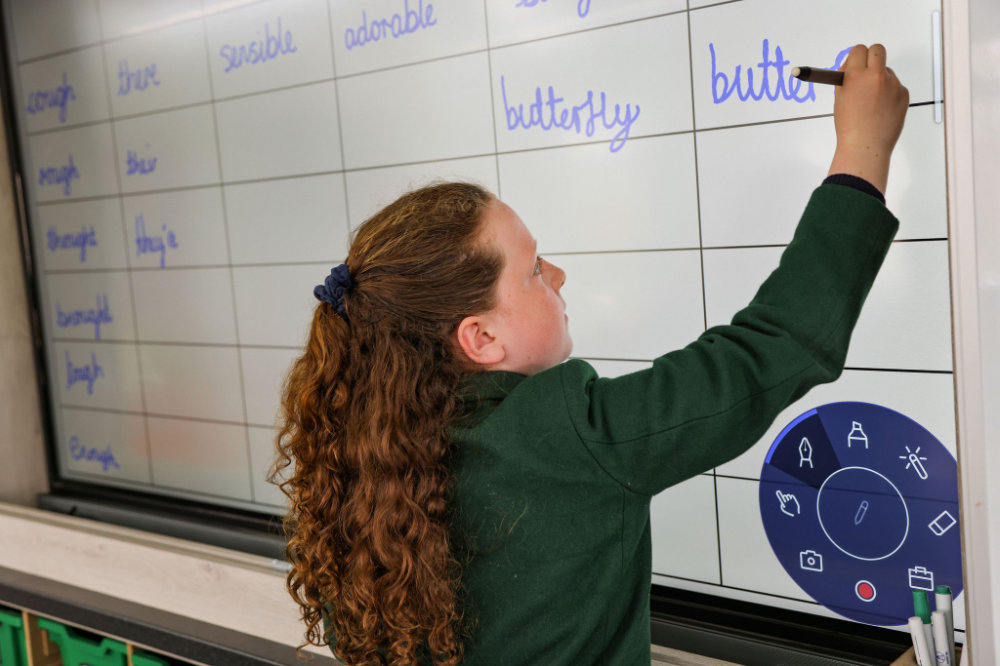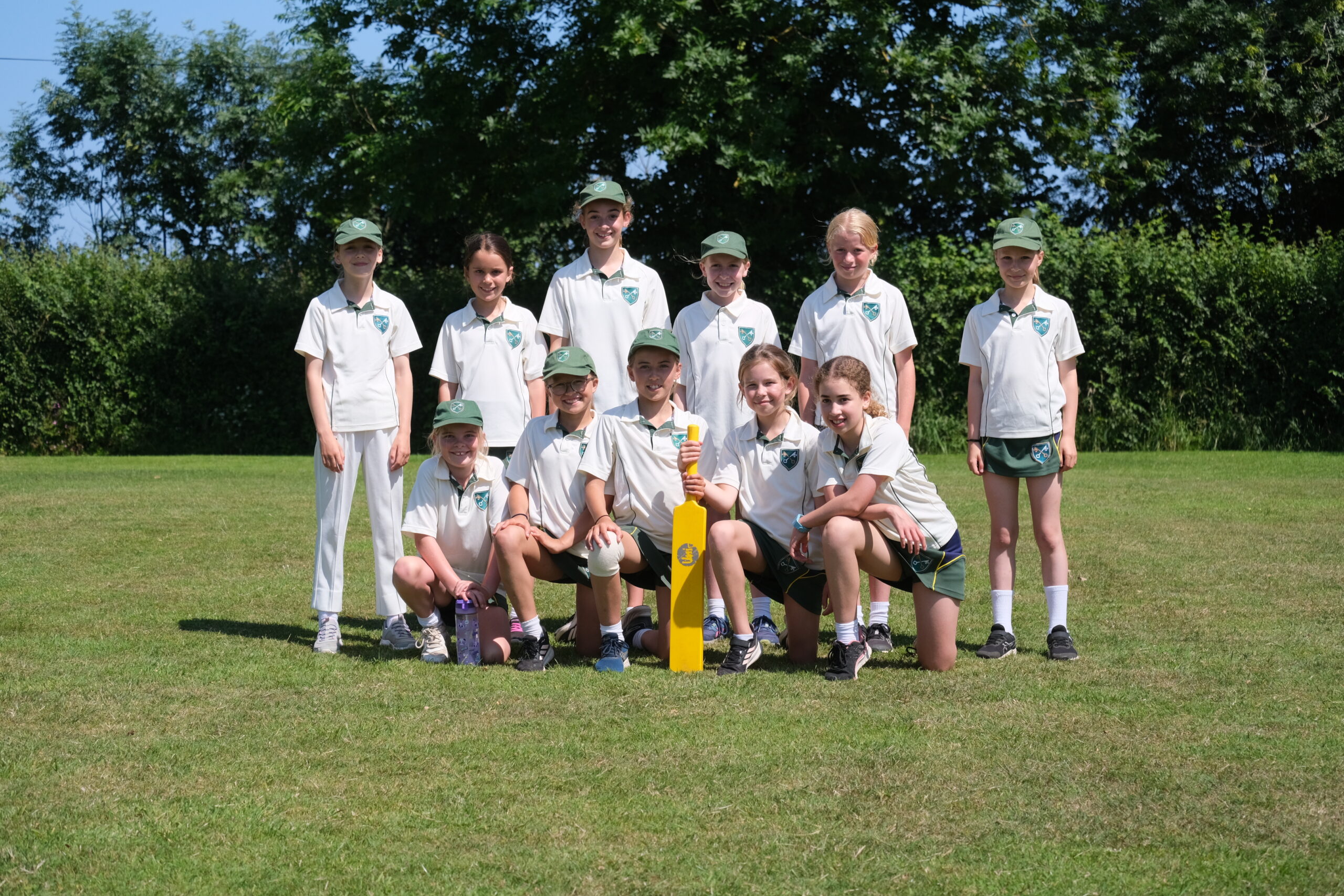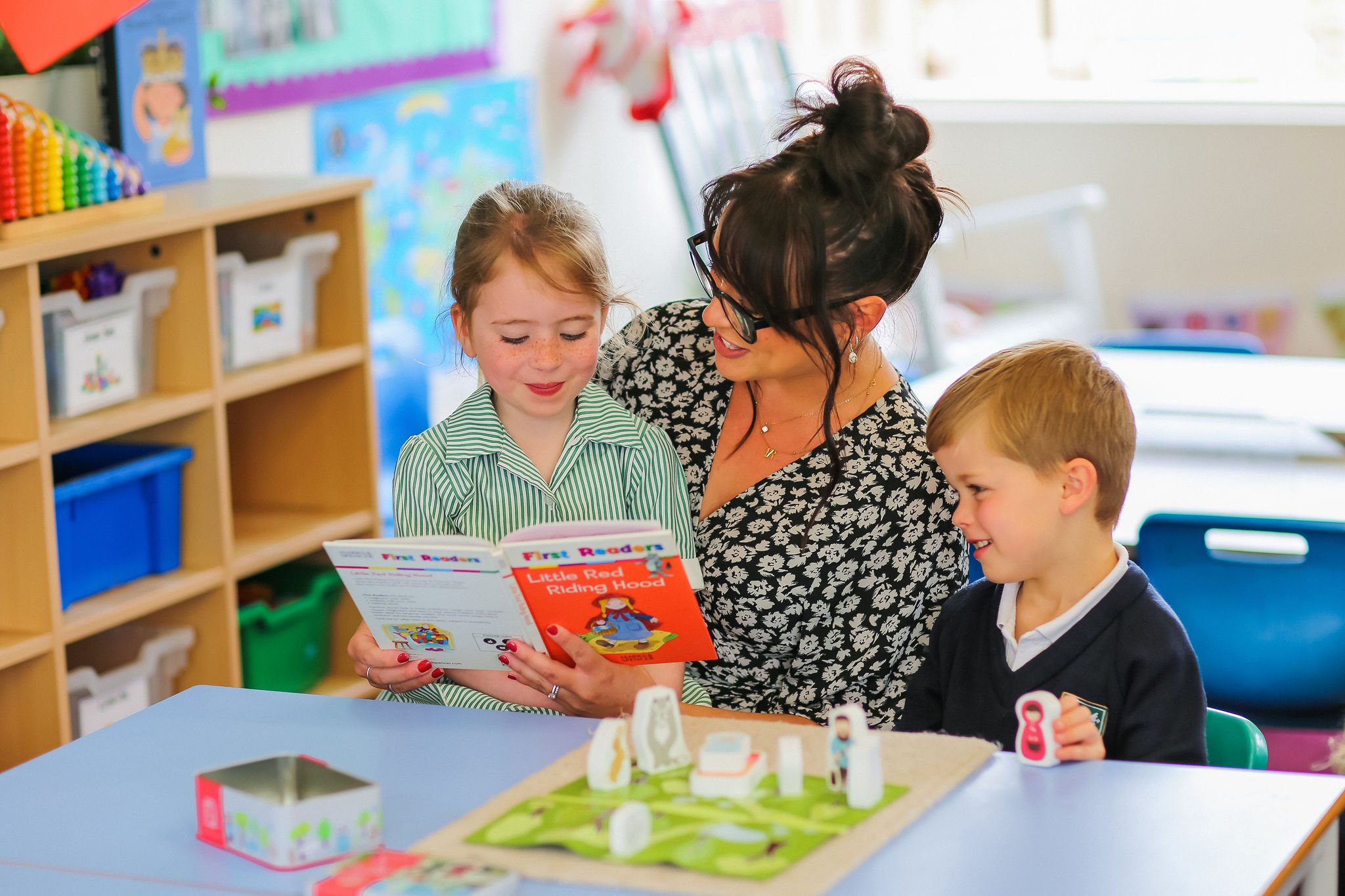Writing is a huge part of our life and our private school in Devon, even in an increasingly digital world. It’s also a skill we often take for granted as adults, but for children, it takes time and effort to get right.
Writing is a crucial way for young minds to unlock their creativity and individuality. Here are some tips that you can follow if you want to ensure your child develops excellent writing skills.
Encourage Reading
Reading is crucial for developing strong writing skills. Good writers are often avid readers, so encourage your child to read regularly. It can be great to discuss the stories that your child has read and the characters involved in each book to foster critical thinking and comprehension skills.
Encouraging your children to read widely and providing them with a range of reading materials significantly enhances their writing skills. Reading from different voices fosters language development, expands vocabulary, stimulates imagination, and exposes them to different perspectives.

Create a Writing-Friendly Space
Providing a writing-friendly environment is instrumental in enhancing children’s writing skills.
A comfortable and inspiring space, complete with the necessary writing materials, including notebooks and pens or pencils, helps children feel at ease and motivated to write. By minimising distractions and creating a dedicated writing area, they can concentrate better and focus on their ideas.
A dedicated writing space empowers children to express themselves confidently, nurtures their creativity, and cultivates a positive attitude towards writing, leading to remarkable progress in their writing skills.
Keep Pens and Paper Close
You never know when your child’s desire to write may strike. So, alongside a dedicated writing space at home, it can be a good idea to give your child a notepad and pen they can use while out and about.
Digital technology comes with a lot of distractions. By giving your little one a notepad and pen, they can explore the world, journaling things they see, copying signs, or any other interests that grab their attention.
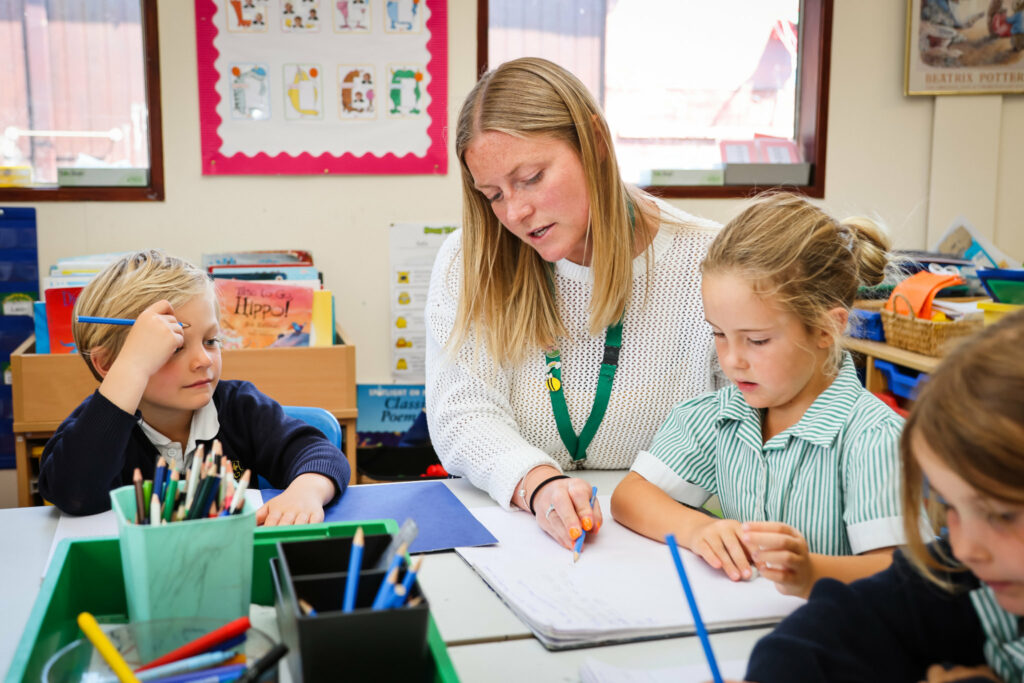
Introduce Grammar and Vocabulary
By teaching grammar rules and language structures, children gain a solid foundation for constructing grammatically correct sentences. They learn about sentence formation, punctuation, verb tenses, and sentence agreement, which enables them to express their thoughts clearly in writing.
Introducing vocabulary expands their word choices, allowing them to convey their ideas with precision. Learning synonyms and expressions enhances their language skills and encourages more varied and engaging writing.
Understanding grammar and vocabulary not only improves the mechanics of writing but also enhances comprehension and critical thinking skills. With a solid grasp of these elements, children can effectively communicate their ideas, express themselves creatively and produce well-structured writing.
Encourage Journaling
The best way for young children to rapidly improve their writing skills is to write regularly, and one of the best ways to encourage this is through journaling.
Journaling is becoming an increasingly popular activity for people of all ages. The mental health benefits of journaling are widely discussed – by expressing our thoughts and feelings in a non-judgemental way, we give ourselves room to understand them a little more, which makes them easier to manage.
Allow your child to pick out a journal they like and encourage them to write in it every day. Habits like this will soon lead to improved writing skills.
Play Word Games
Making writing fun is a sure-fire way to keep young ones excited. There are so many games you can play that will get your child writing, including:
- Wordsearch – Find a wordsearch on a topic they enjoy or are learning.
- I Spy – Ask your child to find certain things and write them down when they find them.
- Play Restaurant – Be a customer at your child’s restaurant and ask them to write down your order.
- Categories – Pick a category (such as nature) and try to find a word starting with each letter of the alphabet.
All of these games help to make learning fun, which is crucial for keeping young minds engaged.
Write More Yourself
Young children look to their parents or guardians as role models and will replicate many of their behaviours. If you want your child to write more often, one of the best things you can do is see how much you write yourself.
If you don’t write very much, don’t worry about having to take up blogging or write a novel. Even small bits of writing such as shopping lists, celebratory cards or recipes can help. The more your child sees you writing and how important it is, the more likely they are to understand its importance.
Write With Your Child
You could even take the previous point one step further. Children love being asked to help with grown up stuff, which can be a great way of getting young minds motivated to learn new skills.
Allowing your child to help put the shopping list together or write Christmas cards can be a great way to get them enjoying writing. You can also take part in some of their word games. This is all part of helping children see not only how important writing skills are but how fun writing can be.
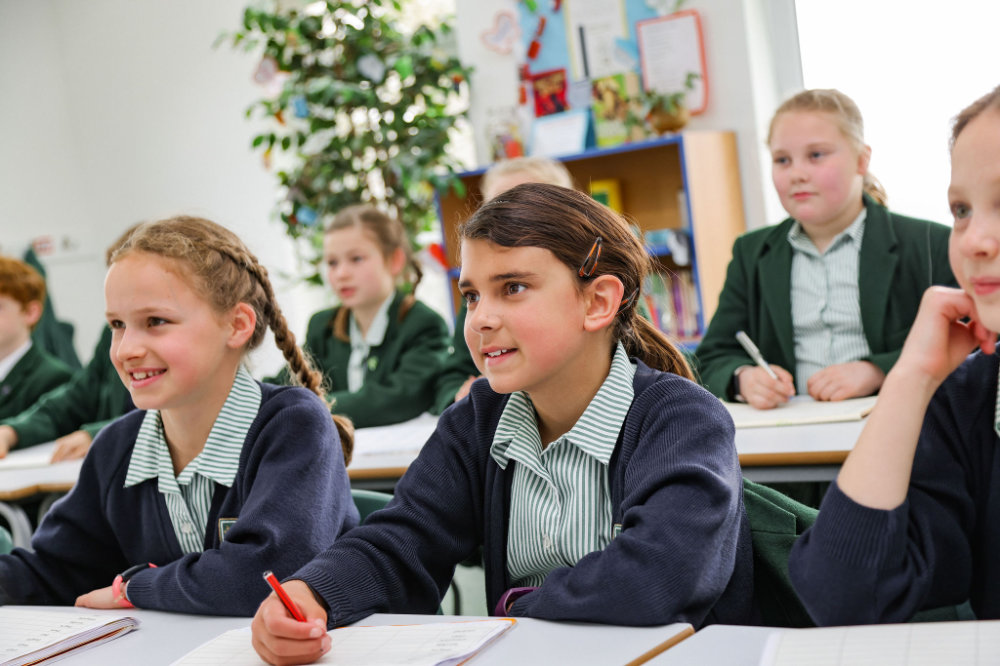
Connect Writing to Your Child’s Interests
If your child is already developing good writing skills, you can take it to the next level by encouraging them to undertake writing projects around their other interests.
For example, if your child loves books and stories, ask them to try writing one of their own. If your child likes video games, maybe they could design and describe a videogame character or monster. If your child loves sports, maybe they can write about their favourite teams, players or matches.
Giving your child writing activities that tie into their passions means they are more likely to be excited about it, making it easier for them to write for longer every day and explore more vocabulary.
Offer Constructive Feedback
When provided with specific and constructive comments on their writing, children gain valuable insights and learn to revise and refine their work. Feedback helps them identify strengths and weaknesses, encouraging self-awareness and growth.
Constructive feedback can highlight areas such as organisation, clarity, word choice, or sentence structure, guiding children towards developing stronger writing techniques. It encourages critical thinking and problem solving as they analyse and incorporate feedback into their work.
Receiving feedback from teachers, parents, or peers can also increase children’s receptive skills, teaching them how to receive criticism gracefully and use it as a tool for improvement.
Writing skills are very important throughout life, especially during the years of children’s education. Hopefully, some of these tips will prove useful to you and your child during this wonderful writing journey.






